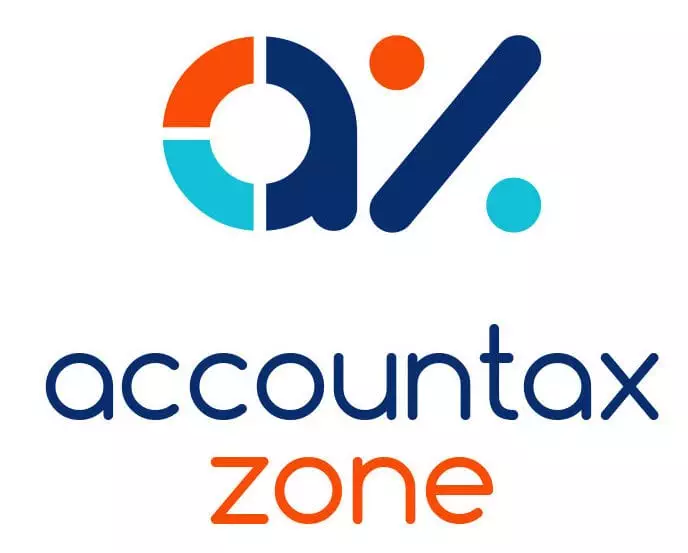If you are running an unincorporated business, either as a sole trader or as a partnership comprising only partners who are individuals, you can use the accruals basis to prepare your accounts or, if you are eligible, the cash basis. For 2023/24 and previous years, the cash basis is only available to traders whose turnover, computed in accordance with the cash basis rules, is £150,000 or less. However, following a consultation, the availability of the cash basis is to be extended from 6 April 2024, and from that date will be the default basis of accounts preparation for unincorporated businesses.
Cash basis v accruals basis
The cash basis is a simpler basis of accounts preparation. Under the cash basis, income is only recognised when received and expenses when paid. There is no need to match income and expenditure to the period to which it relates, and consequently, no need to take account of debtors and creditors, and prepayments and accruals. As income is not taken into account until it is received, relief for bad debts in automatic.
Under the cash basis, capital expenditure is deducted in calculating profits unless the expenditure is of a type for which such a deduction is expressly prohibited (as is the case with land, buildings and cars).
For 2023/24 and earlier tax years, the cash basis is available to traders with turnover of £150,000 or less, and those wishing to use the cash basis must elect to do so. Under the cash basis rules as they apply for these years, deductions for interest are capped at £500. There are restrictions too on the way in which losses can be used; sideways loss relief and the carry back of losses in the early years of the trade are not available where the cash basis is used.
By contrast, under the accruals basis, income and expenditure must be matched to the period to which it relates, necessitating the calculation of debtors and creditors, and prepayments and accruals. Deductions for capital expenditure are not permitted, with relief instead being given in the form of capital allowances. There is no restriction on deductions for interest, and the options for relieving losses are greater than under the cash basis.
You may also like to read: PAYE settlement agreements – What are they and how do you set one up?
The cash basis from 2024/25
From 2024/25, the turnover threshold is abolished and the cash basis becomes the default basis of accounts preparation for unincorporated businesses. The accruals basis remains available, but unincorporated businesses wishing to use the accruals basis must now opt out of the cash basis.
The restrictions on interest deductions and loss relief are lifted, so traders using the cash basis are able to use losses in the same way as those using the accruals basis, and can deduct any interest and finance costs in full.
Making the switch
When moving between the accruals basis and the cash basis, some adjustments are necessary to ensure that all income is taxed once and relief for expenses is given once. Without adjustment, some income may be taxed twice or not at all, and some expenses may be relieved twice or not at all. For example, if a trader prepares accounts to 31 March each year and undertook work in March 2024, submitting his invoice for £5,000 on 28 March 2024, and accounts for the year to 31 March 2024 are prepared under the accruals basis, the invoice would be taken into account in calculating his 2023/24 profit. However, if the invoice was paid on 20 April 2024 and the trader used the cash basis for that year, without adjustment, the same £5,000 would also be taxed in 2024/25.
Partner note: ITTOIA 2005, Pt. 2, Ch. 3A (ss. 31A – 31F).










